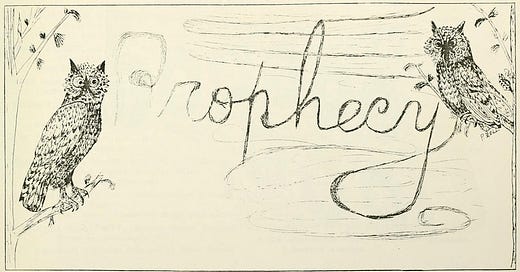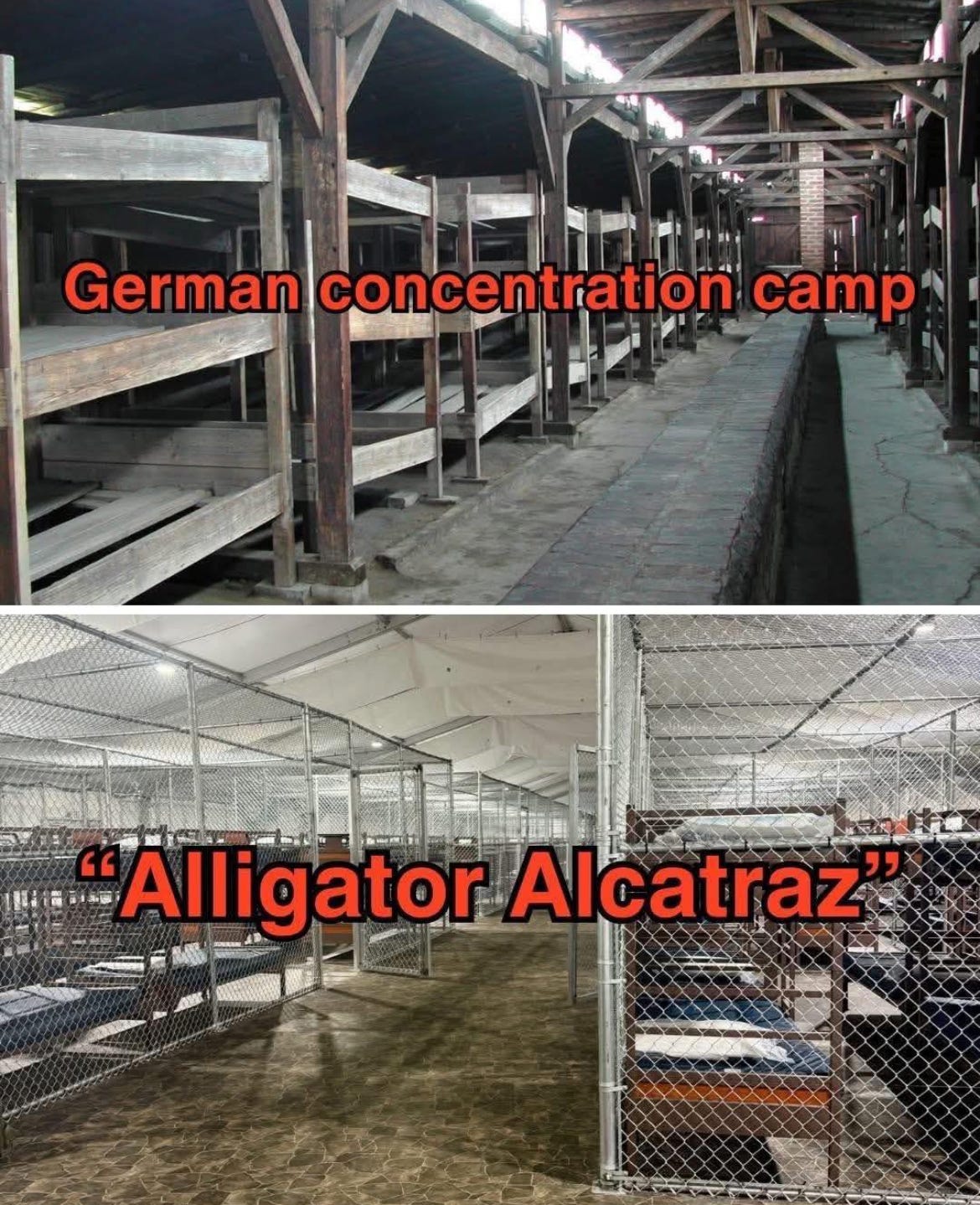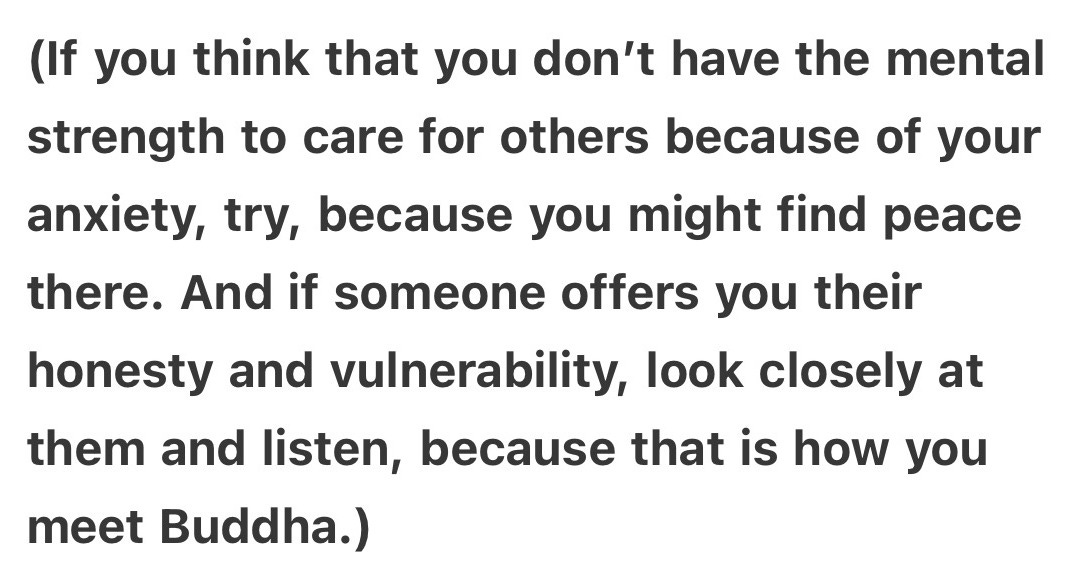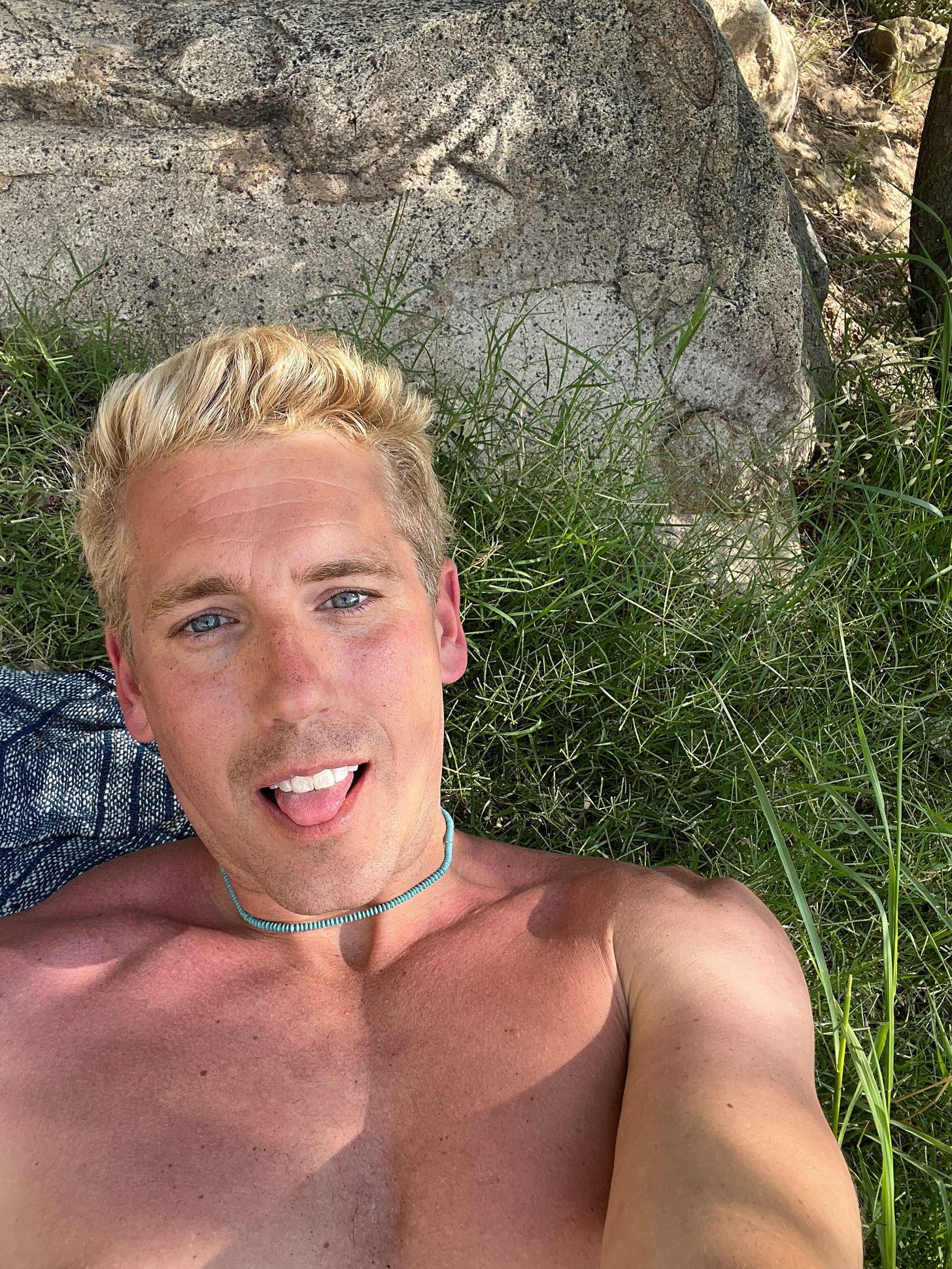In pursuit of happiness? In this economy?
do we have a right to get high while others are being tortured?
For most of my life, I had two recurring nightmares. The first was being caught by the Child Catcher from Chitty Chitty Bang Bang. This probably explains my disinterest in most sweets and men with long hair. The second, and I guess this is similar in theme to the first, is that I’m running from an unseen, approaching enemy, and I’m trying to find all of my loved ones and get them to a safe location, hidden in the mountains.
I had this nightmare for as long as I can remember. And all of a sudden, in 2016, it stopped. I haven’t had it since. Unfortunately, the scenes in those nightmares have since started to appear with increasing frequency in my waking life.
(footage from when I was assaulted and arrested by the NYPD in June 2020)
I was born in Germany and spent my childhood hopping around Europe. A big part of that experience was being taken to different concentration camps at a very young age. I became obsessed with stories about people in hiding during WWII. As I grew up and constructed an image of myself as a “good person,” I assumed that if I had been alive during that time, I would be a member of the resistance, sabotaging nazis, helping people escape concentration camps, or hiding vulnerable people from the Gestapo.
Yet here I am in 2025, and the American Gestapo, ICE, is kidnapping my neighbors off the streets that surround my house. They are pulling people out of their workplaces, schools, and hospitals, and sending them to concentration camps around the country.
And I’ve done nothing.
A lot of reports use words like “hard working,” “grandmother,” and “child” to describe these people being kidnapped by ICE, but I bristle at these adjectives. They imply that if, for some reason, these people were less than perfect workers or people without families, it would be perfectly acceptable to terrorize them with raids, violence, and no legal due process.
Sure. I’ve gone to several protests.
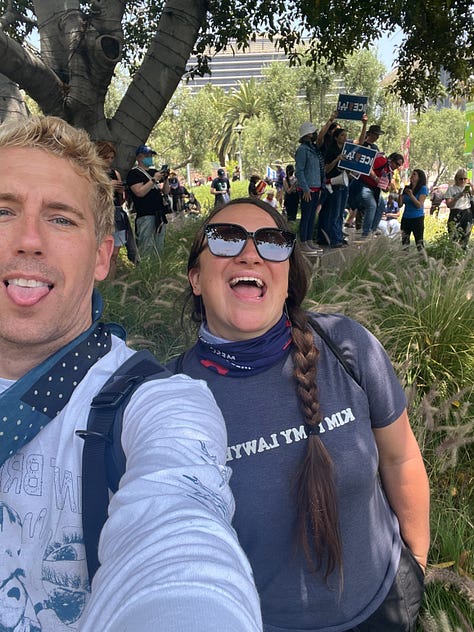


But fascists don’t care about protests.
The Nazi’s didn’t stop killing people because the communists protested. They eventually rounded up the protesting communists and killed them too. The American Government will not stop at the Latino population. They will ultimately round up and kill anyone who tries to stand up to the deadly American empire that is carrying out a genocide in Gaza and other parts of the world resistant to its all-consuming capitalist narratives of growth and acquisition at any cost.


This moment has made me reckon with my addiction to “safety,” or as the mystic Thomas Keating would call it, my attachment to “security and survival.”
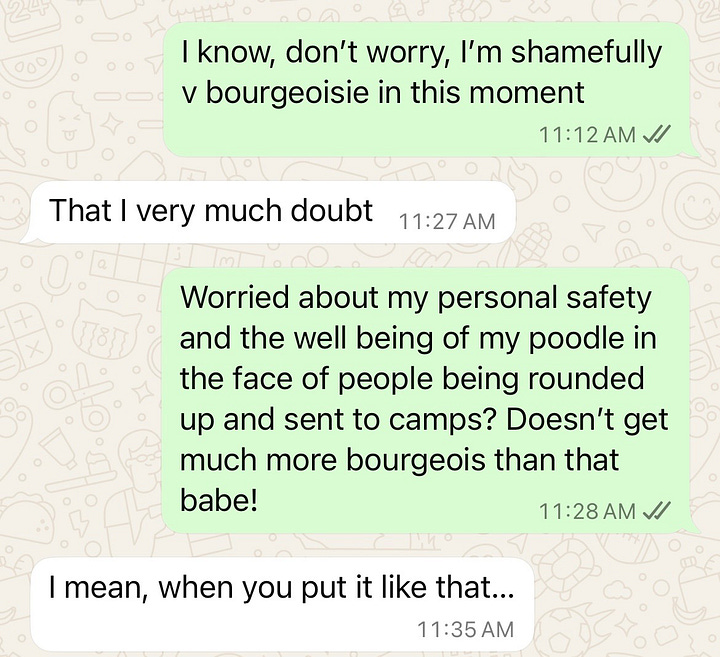
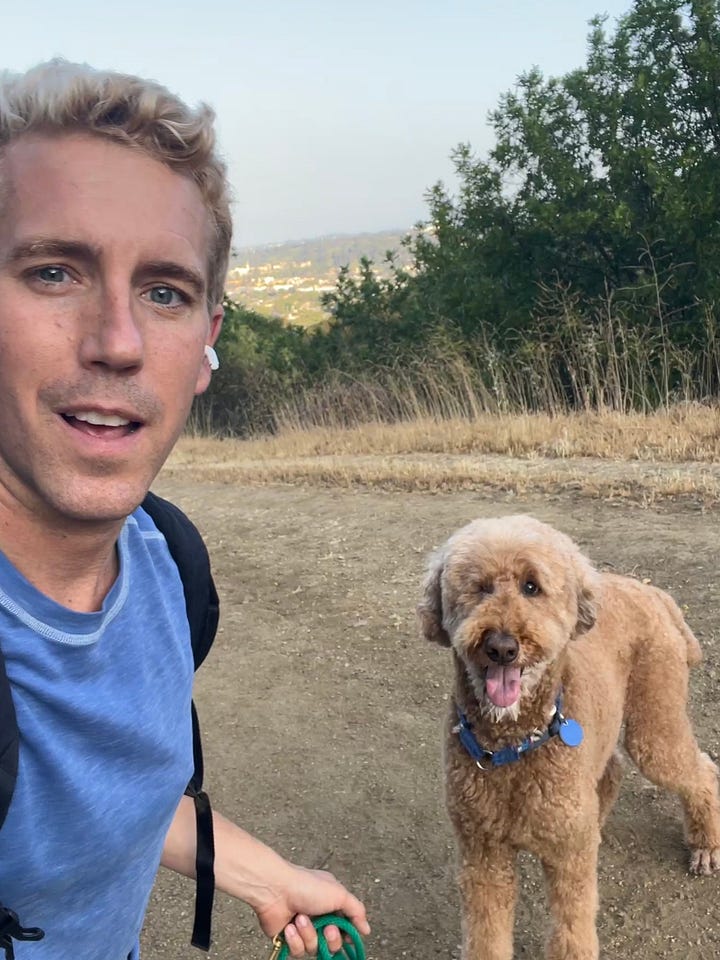
Thomas Keating articulated a system called “Emotional Programs for Happiness” that theorizes that our core emotional needs fall into one of three categories:
Our need for security and survival.
Our need for power and control.
Our need for esteem and affection.
Keating believed that as long as we look to have these needs fulfilled by people, places, things, jobs, or beliefs, outside of ourselves, we will forever find ourselves in an endless loop of suffering. Keating taught that we needed to consciously give up the search for these needs and accept that we contain everything we need in every moment inside of us already. By giving up these outside attachments, we will be able to find true happiness that can carry us through life's darkest chapters.
As I sat with my desire for safety, and tried to let go of it, I realized I was simply in pursuit of power and control: If I could let go of my safety, then I might be a real activist, assume my power, and change the situation to one I prefer.


For me, the most challenging paradox of the game we are playing is the pursuit of happiness (enlightenment) in the presence of endless global suffering.
Do I have the right to pursue happiness when my neighbors are being rounded up and slaughtered?
Each morning during my meditation practice, I recite a four-step litany:
“I let go of my desire for security and survival.”
“I let go of my desire for power and control.”
“I let go of my desire for esteem and affection.”
“I let go of my desire to change the situation.”
My hope is that this practice will prepare me for the inevitable moment when I will be in the position to serve those who need my help.
What do I mean by this? I find inspiration in the story of Prince Sattva, one of Siddhartha Gautama (the Buddha’s) earlier incarnations in the Buddhist Jātaka literature.
During a walk with his closest disciple, Prince Sattva comes to the edge of a cliff, at the bottom of which is a starving tigress about to eat her newborn cubs in desperation. The Prince tells his disciple to go look for food, and he will stay and try to figure out a way to save her and her young cubs. The Prince knew, however, that food was scarce and that feeding the flesh of one helpless animal to another would only prolong the cycle of suffering. The prince saw that two things alone cause people to ignore the suffering of others: attachment to pleasure and the inability to give aid. And so he thought, “if I cannot feel pleasure while another being suffers, and if I have the power to help, how can I ignore them?”
He acknowledged the benefit of using his own body to prevent the tiger from devouring her young ones. With that thought, he cast himself off the cliff into the ravine below.
See you in the camps, comrades ✌️
